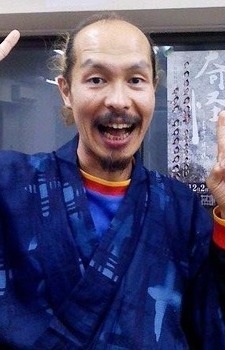
Octane (オクタン)
Nicknames
Octillery
Favorites
0
Animeography
Anime

Pokemon
Supporting
Manga

Pocket Monsters Special
Supporting
About
Octillery is a red, cephalopod-like Pokémon with large, round eyes and a turret-like mouth. There are yellow bumps on its rock-hard head and yellow suction cups on each of its eight tentacles. These suction cups and yellow bumps are smaller on a female Octillery. It uses its tentacles for manipulating objects and the suction cups give it strong gripping power. Because of this, it is very hard for it to be blown away.
Octillery is a relaxed Pokémon who loves fuss from its Trainer. Even though it...
Octillery is a red, cephalopod-like Pokémon with large, round eyes and a turret-like mouth. There are yellow bumps on its rock-hard head and yellow suction cups on each of its eight tentacles. These suction cups and yellow bumps are smaller on a female Octillery. It uses its tentacles for manipulating objects and the suction cups give it strong gripping power. Because of this, it is very hard for it to be blown away.
Octillery is a relaxed Pokémon who loves fuss from its Trainer. Even though it is more docile when domesticated, it can be very stubborn at times in the wild. It instinctively sneaks into rocky holes or pots, and if it gets sleepy, it steals the nest of a fellow Octillery. When threatened, it will spurt ink from its mouth to cover itself before escaping, allowing it to protect itself and its young from danger. Octillery's ink obscures vision and contains substances that dull predators' sense of smell. Octillery also uses this ink on its prey, before its suction cups hold the prey tightly. Its ink can also be used as a cooking ingredient. Besides ink, Octillery sometimes uses its rock-hard head on its foes.
Octillery is normally found in oceans and caves. For a long time, people refused to believe Octillery was an evolution of Remoraid, because of the extreme physical differences between the two. It is thought to be a distant relative to . In New Pokémon Snap, an Octillery can be seen about to be preyed on by a Seviper.
Evolution
Octillery evolves from Remoraid.
(Source: Bulbapedia)



